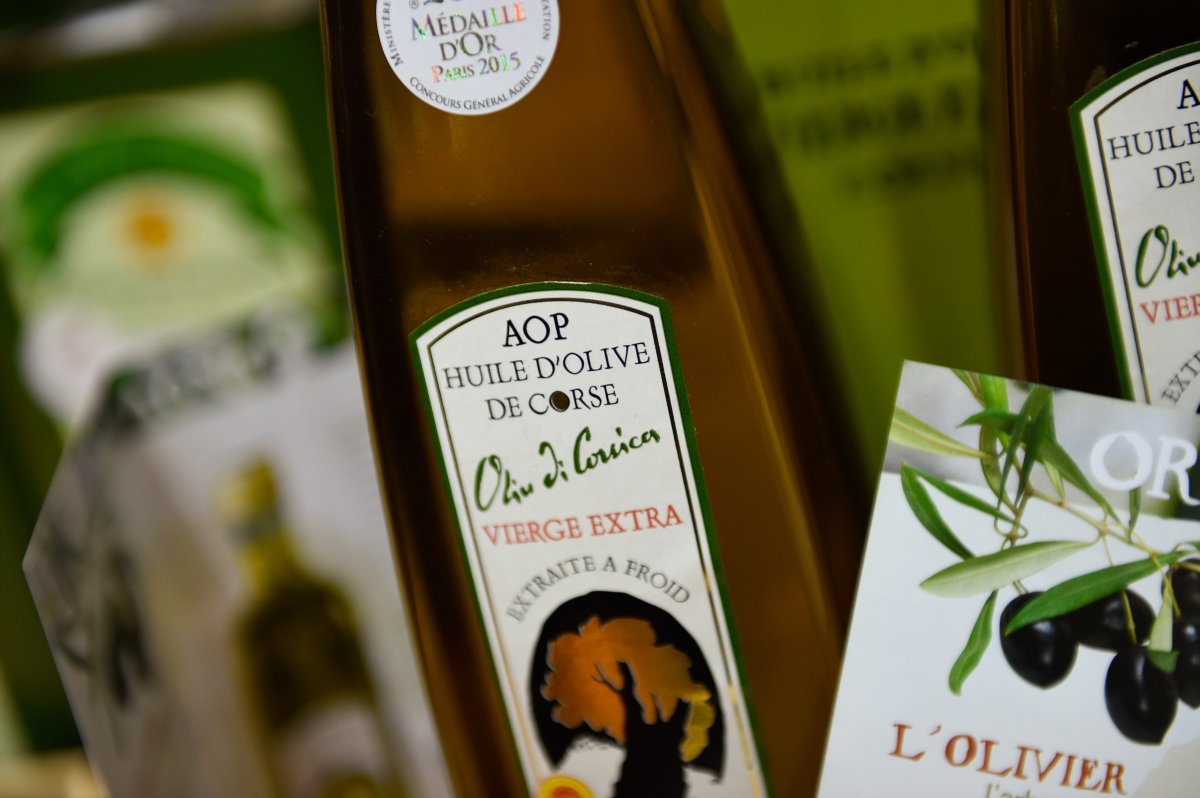Switching to the Mediterranean diet could help keep you young, according to a new study from the NU-AGE project, funded by the United Nations.

Researchers said people who ate the diet decreased their levels of the C-reactive protein, which is linked to aging. The study also found the diet reduced the rate of bone loss for people with osteoporosis.
The study was conducted in Europe with nearly 1,300 volunteers from Italy, France, Poland, the Netherlands and the United Kingdom.
The volunteers were both men and women, and they had a range of different physical qualities like genetics and body composition.
READ MORE: How arthritis sufferers can reduce inflammation through food
Each volunteer was given a personally tailored Mediterranean-style diet.
“This is the first project that goes in such depths into the effects of the Mediterranean diet on health of elderly population,” project coordinator Claudio Franceschi or the University of Bologna in Italy said.
“We are using the most powerful and advanced techniques … to understand what effect, the Mediterranean style diet has on the population of over 65 years old”
The study is also looking at how the diet will affect insulin sensitivity, heart health, and quality of life, but those findings haven’t yet been released.
What is the Mediterranean diet?
According to the Mayo Clinic, the diet has many other health benefits including reducing your risk of heart disease.
The diet emphasizes plant-based foods, as well as replacing butter with a healthy oil (such as canola or olive).
“Grains in the Mediterranean region are typically whole grain and usually contain very few unhealthy trans fats, and bread is an important part of the diet there,” Mayo clinic staff explain on the website.
“However, throughout the Mediterranean region, bread is eaten plain or dipped in olive oil — not eaten with butter or margarines, which contain saturated or trans fats.”
It also limits the intake of red meat to “no more than a few times a month,” “eating fish and poultry at least twice a week,” and recommends eating small amounts of unsalted or candied nuts as a source of unsaturated fats.
Red wine is allowed, but only in moderation.
It also recommends flavouring food with herbs and spices instead of salt.




Comments